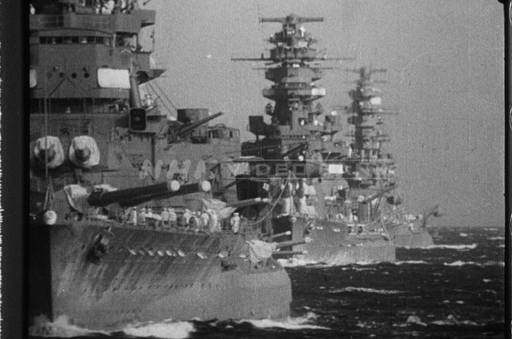

Why didn’t Prussia dissolve France in 1871? It seems like you might be referring to the Franco-Prussian War of 1870-1871, which resulted in the defeat of France and the establishment of the German Empire. Prussia, under the leadership of Otto von Bismarck, did not completely dissolve France for a few reasons:
Limited Objectives:
Prussia’s main goal was to unify the German states into a single nation under Prussian leadership. The war was primarily aimed at weakening France’s influence and ensuring the support of the southern German states in this unification process. The objective was not to annex or dissolve France but to achieve German unification.
International Diplomacy:
Bismarck was a skilled diplomat who recognized the importance of maintaining a balance of power in Europe. Completely dissolving France could have led to significant unrest and instability on the continent, potentially triggering a wider conflict involving other European powers.
Realpolitik:
Bismarck’s approach was guided by realpolitik, which means practical and pragmatic politics based on the specific circumstances of the time. He understood that completely dismantling France might not be in Prussia’s best interests in the long term. Instead, he aimed to weaken France while securing Prussia’s own position.
Domestic and International Reactions:
A full-scale dissolution of France would have likely faced strong opposition not only from the French population but also from other European powers who might have seen such an action as overly aggressive and destabilizing.
In the aftermath of the war, Prussia annexed Alsace and parts of Lorraine from France, which contributed to lingering tensions between the two countries. However, the focus was on creating a united Germany rather than dismantling France entirely. The eventual establishment of the German Empire in 1871 marked a significant shift in the balance of power in Europe.




